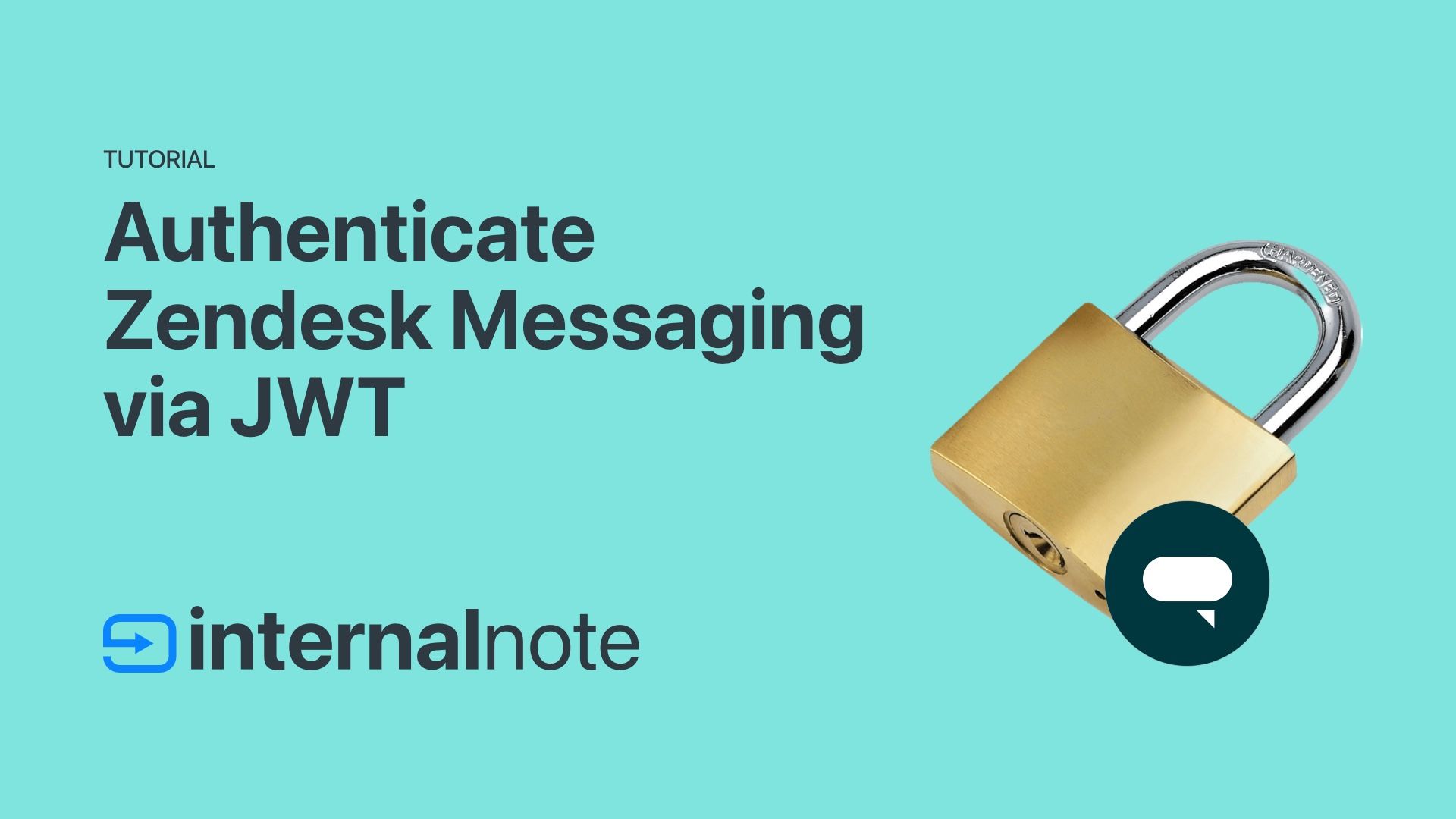
Deep-dive into issues related to Messaging Authentication and JWT User Mapping
Currently the authentication for Zendesk Messaging as described in my article below has some weird behaviours when it comes to matching to existing Zendesk User Profiles. There's also a rather long thread about these issues on the Zendesk Community.
This means Email matching is still an issue, but External IDs do work!
Currently the authentication for Zendesk Messaging as described in my article below has some weird behaviours when it comes to matching to existing Zendesk User Profiles. There's also a rather long thread about these issues on the Zendesk Community.

What you would expect is:
If a user logs into Messaging and already exists in Zendesk with the same email or external ID, the resulting conversation is mapped against the existing user.
So let's test a few scenario's and log their outcomes:






